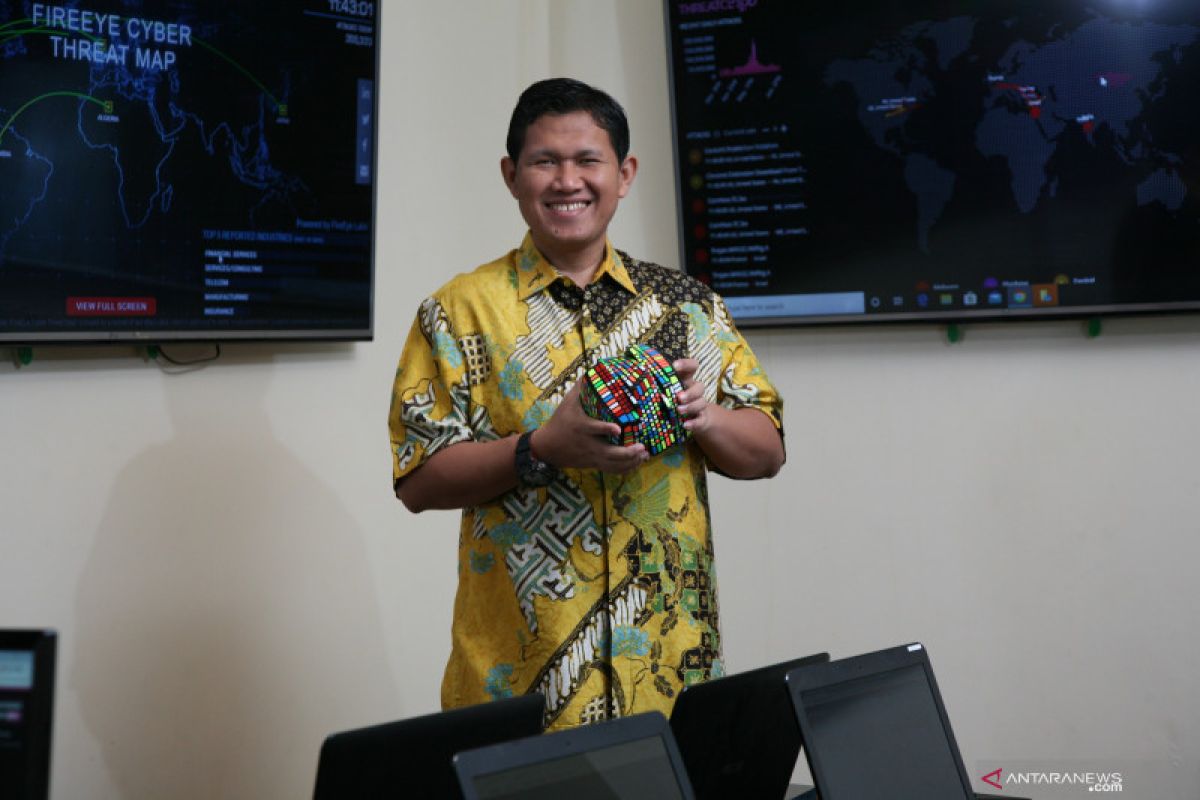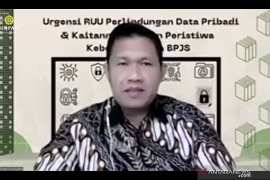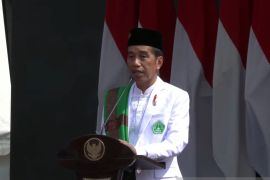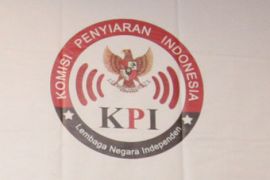We are substantially ready to implement an electronic voting system since preparing installations required for the system would not require much timeSemarang, Central Java (ANTARA) - Electronic voting system can likely be implemented for the 2024 general elections, primarily in the event of the COVID-19 pandemic protracting till 2024, chairman of non-profit cyber research insitute Communication and Information System Security Research Center (CISSReC) Pratama Persadha stated.
"Moreover, we already have an established electronic civil record system, hosted by the Directorate General of Civil Registry of the Home Affairs Ministry," Persadha told ANTARA in Semarang, Central Java on Friday.
Persadha admitted the transition needed time, as not all Indonesian regions were ready to implement the e-voting system. He also suggested the e-voting system be implemented first in urban areas and main cities.
He suggested the government to choose between two electronic voting systems by citing examples of e-voting in the United States and Estonia. The US voting model utilizes electronic voting machines placed at voting stations, while Estonia, apart from deploying voting machines also applies remote voting, thereby enabling voters to cast their ballot from their mobile phones or personal computers, Persadha explained.
Persadha suggested the government to mull over the adoption of a remote voting system as a precautionary measure against the COVID-19 pandemic protracting till 2024 despite acknowledged complexity to prepare the remote voting system.
Adoption of the electronic voting system in 2024 depends on infrastructure readiness and the preferred voting system selected by the government, Persadha stated.
"We are substantially ready to implement an electronic voting system since preparing installations required for the system would not require much time, but we also need to consider how the parliament will approve the electronic voting regulation," he noted.
Persadha stated that the Agency for Assessment and Application of Technology (BPPT) had earlier developed an electronic voting system for village head elections in 981 villages in 2019.
The institute’s chairman noted the BPPT-developed voting machines aim to replace ballot papers and to accelerate the vote-counting process to get swifter results. The system can be enhanced by adapting the system for remote voting, he added.
Related news: MP seeks comprehensive study before modification of ballot papers
Related news: KPU urged to take anticipatory measures if COVID-19 persists till 2024
Related news: Presidential term limit bars possibility for election delay: Perludem
Translator: D Kliwantoro, Nabil Ihsan
Editor: Sri Haryati
Copyright © ANTARA 2021












